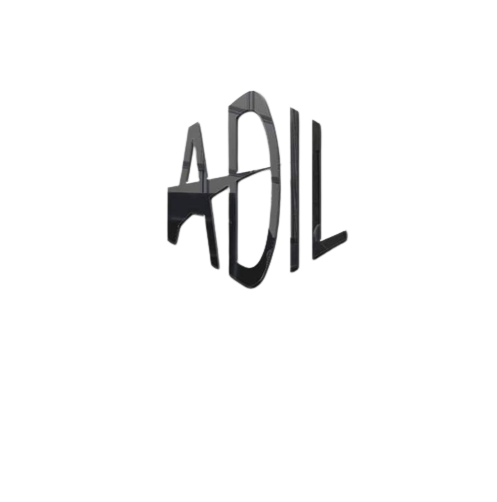The Ministry of Finance is preferring a local technique to the regulation of virtual property, and the central bank is pursuing a broader variety of regulatory action. Chebeskov further defined that the Ministry of Finance has primary features because it pertains to the regulation of virtual property for global payments. Russia desires local crypto infrastructure. He stated that we want to defend the pursuits of residents because now people who exchange their virtual currencies on crypto exchanges are limited. Secondly, the government desires to manage whether the virtual currency is used legally or not.A month back, the central bank and the Ministry of Finance agreed on a draft bill to set up a regulatory framework for the acceptance of virtual property as payment. This decision followed an ongoing debate among the 2 institutions which has visible more than one draft bill and even caused President Vladimir Putin to express his concern that the country did not miss the possibility to apply for the country’s benefit withinside the ecosystem.
Moreover, in line with the reports, the central bank will start trying out a virtual ruble in April 2023. The alternative of the virtual ruble for foreign currencies and the opening of virtual wallets to non-citizens are anticipated to take place in 2024.






0 Comments